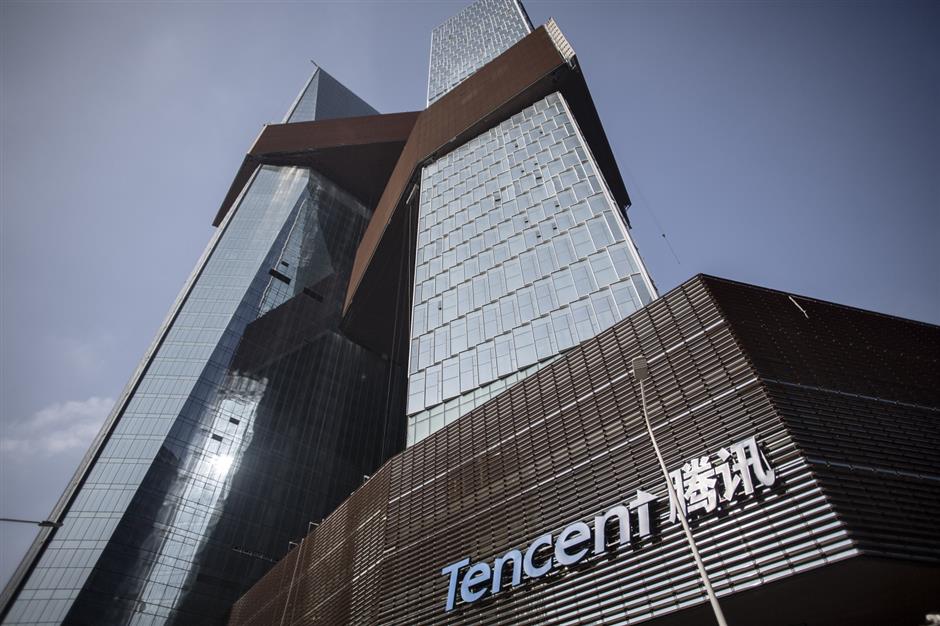Tencent profit dives, hit by govt gaming freeze

Gaming giant Tencent Holdings, Asia's second-most valuable listed firm, on Thursday reported a sharper-than-expected 32 percent dive of net profit in the fourth quarter.
The net profit was reduced to 14.2 billion yuan (US$2.1 billion) after gaming revenue came under pressure following a regulatory freeze last year.
It was a record quarterly low. And it came despite a 28 percent jump in revenue to 84.9 billion yuan, fueled by a 44 percent rise in advertising, and a 24 percent rise in its core gaming business — known for the popular Kings of Glory — to 77.8 billion yuan.
Total income also rose 32 percent to 312.70 billion yuan. The number of WeChat users grew 11 percent to 1.1 billion.
The lower-than-expected profit was also attributable to one-off charges of 2.1 billion yuan related to Tencent Music Entertainment and other portfolio companies.
China only resumed new gaming approvals in December after suspending the process last March.
That prevented Tencent from making money out of some of its most popular games and a fall of more than US$100 billion in market capitalization last year.
Tencent said it planned to invest in core infrastructure and frontier technologies going forward and further expand its overseas business by exploring new game genres and strengthening its overseas publishing capability.
"We will invest in core infrastructure and frontier technologies to embrace the trend of the industrial Internet, while continuing to drive the evolution of the consumer Internet,” it said in a Hong Kong stock exchange filing on Thursday.
Tencent shares in Hong Kong slipped 2 percent before the earnings release and closed down 1.89 percent at HK$363.
The company has been spending heavily on its cloud business after a major restructuring in October to strengthen products for business, and its smart retailing initiatives.
Income from its cloud business more than doubled to 9.1 billion yuan in 2018.
But Tencent faces increasing competition from other social networking services such as short-video platform Tik Tok and news-aggregating sites and entertainment platforms.
Advertising income grew 44 percent to 58.1 billion yuan, helped by a 55 percent rise in new advertising formats such as social ads.
China's General Administration of Press and Publication Administration resumed issuing game monetisation license approvals in December after a nine-month suspension.
Tencent expects scheduled game releases will be slower than previous years due to the backlog of applications.















